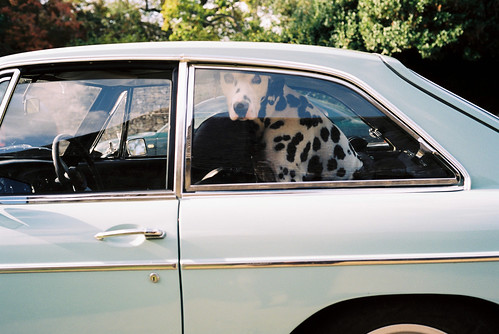So much excellent stuff has been written on the murders in Charleston, I hesitated to weigh in. But one part of the story that I thought could use some amplification is the politics of safety and security in this country, from the backlash of the GOP through 9/11 and today, and how that intersects with the politics of racism. So I took it up in my column for Salon. I’m not sure I said exactly what needed to be said or what I wanted to say: for some reason, the precision and specificity I was aiming for here proved to be more elusive than usual. So if you find that the article misses its mark, I’ll understand.
Here are some excerpts:
In response to Wednesday’s murder of nine African Americans at Charleston’s Emanuel AME Church, President Obama said, “Innocent people were killed in part because someone who wanted to inflict harm had no trouble getting their hands on a gun.”
I’ll admit: When I first read that statement, I thought Obama was talking about the police. Unfair of me perhaps, but it’s not as if we haven’t now been through multiple rounds of high-profile killings of African Americans at the hands of the police.
Indeed, until Wednesday’s murders, it seemed as if the national conversation about public safety had dramatically and fruitfully shifted. From a demand for police protection of white citizens against black crime—which dominated political discussion from the 1970s to the 1990s—to a scrutiny of the very instruments of that presumed protection. And how those instruments are harming African American citizens.
It’s tempting to seize on this moment as an opportunity to broaden that discussion beyond the racism of prisons and policing to that of society itself. In a way, that’s what Obama was trying to do by focusing on the threat posed not by the state or its instruments but by private guns in the hands of private killers like Dylann Roof.
But that may not be the wisest move, at least not yet.
So long as the discussion is framed as one of protection, of safety and security, we won’t get beyond the society that produced Dylann Roof. Not only has the discourse of protection contributed to the racist practices and institutions of our overly policed and incarcerated society, but it also prevents us from seeing, much less tackling, the broader, systemic inequalities that might ultimately reduce those practices and institutions.
…
To assume that the state can provide for the safety and security of the most subjugated classes in America without addressing the fact of their subjugation is to assume away the last half-century of political experience. If anything, the discourse of safety and security has made those classes less secure, less safe: not merely from freelance killers like Dylann Roof or George Zimmerman, who claim to be acting on behalf of their own safety and that of white society, but also from the police. As [David] Cole writes, the proliferation of criminal laws and quality-of-life regulations that are supposed to make poor and black communities safer often serve as a pretext for the most intrusive and coercive modes of policing in those communities.
